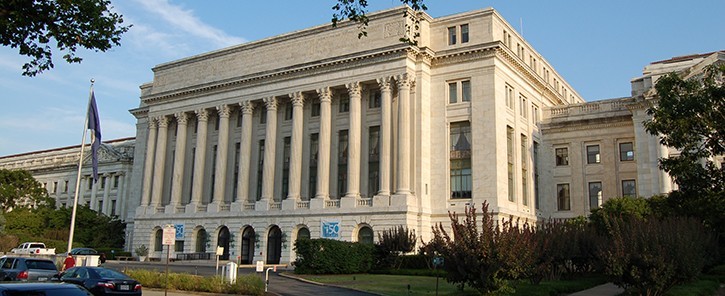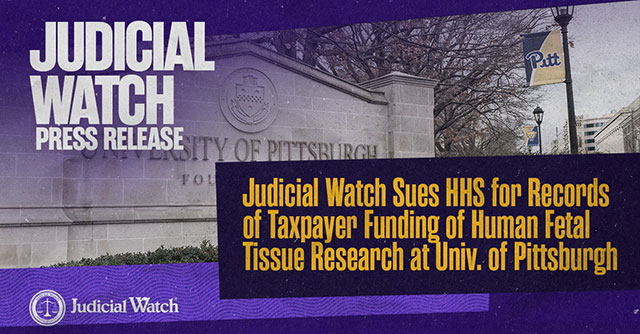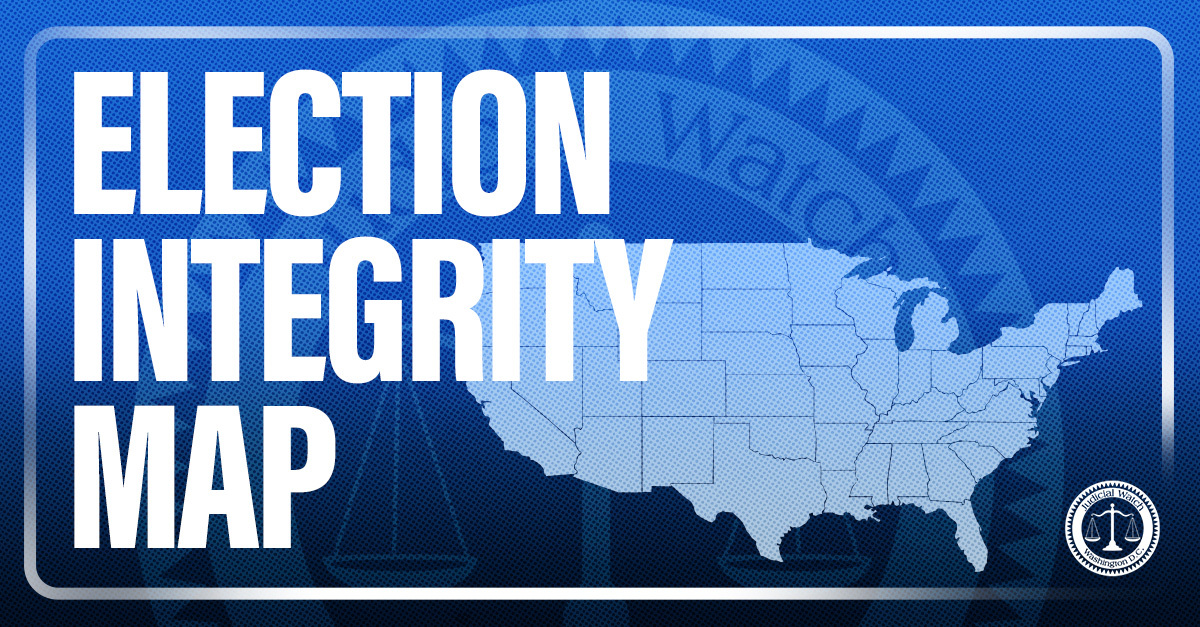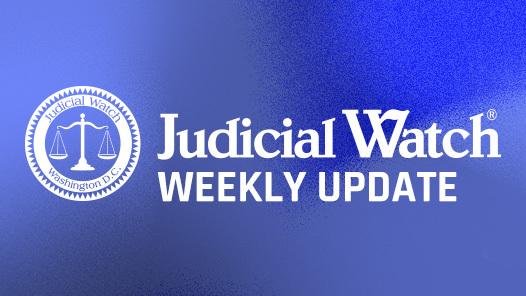
Leftist Latino Group Crowns USDA “Federal Agency of the Year” for Cultural Transformation

A key government agency with a $148 billion budget has been honored by a radical leftist Latino group for undergoing a “cultural transformation” that includes a “remarkable increase” in workforce diversity and spending huge sums of taxpayer dollars to correct past mistakes against minorities. Under Obama the U.S. Department of Agriculture (USDA) has shattered records for spending mammoth amounts to give an unprecedented number of people—including illegal aliens—food stamps, make fresh fruits and vegetables available in inner-city “food deserts” and expand farm loans for underserved communities.
The agency has also conducted a minority cash giveaway for “discriminated” farmers that initially targeted blacks but then expanded dramatically to benefit Hispanics. The idea behind that was to make amends to those who suffered discrimination when seeking farm loans from the USDA. Black farmers got a $1.25 billion settlement and women and Hispanics received $195 million “to ensure inclusivity for all who seek justice.” All Hispanics who felt they were victims of USDA discrimination got up to $50,000 for their suffering after filling out a form. To get the word out the feds launched a costly bilingual advertising and public relations campaign that included national outreach tours by top USDA official as well as Justice Department brass. The agency also hired a controversial diversity trainer to make it more Latino friendly and spent millions of dollars to prepare “underserved” Hispanic students to someday work for it.
USDA Secretary Tom Vilsack brags that the agency’s “cultural transformation” has seen a remarkable increase in the diversity of people working in it. “Since 2009 we have transformed the culture within USDA to ensure employees are met with support, sensitivity and care they need to thrive,” the agency’s website states. Vilsack claims when he took over the USDA it had a “reputation marred by decades of systematic discrimination.” That’s why he made it his mission to change the culture and root out exclusivity. The result is a new era of civil rights at USDA. “To level the playing field and make sure every American has a chance to succeed regardless of race, gender or sexual identity, ethnicity or zip code, we created new bridges to economic opportunity to help make the American dream a reality.”
The overhaul earned the accolades of the League of United Latin American Citizens (LULAC), an open borders group that proudly celebrates its socialist mission of all for one and one for all. LULAC actually crowned the USDA “federal agency of the year.” To get a clearer idea of LULAC’s radical agenda back in the 1990s one its officials accused a Mexican fast-food eatery of a hate crime for using a Chihuahua in a commercial. LULAC claimed that “Mexican Americans are treated like dogs, they have to work like dogs, and now they’re being portrayed as dogs.” Nevertheless, Obama’s first attorney general, Eric Holder, professed solidarity with LULAC and publicly chanted the group’s socialist mission statement—in both English and Spanish—at a LULAC powwow in which he bragged about the DOJ filing more civil rights cases than in any previous period in the nation’s history.
Vilsack is just as enamored with LULAC and refers to the award as an honor. “While it’s always encouraging to receive praise on behalf of the Department, I am exceptionally proud of this award in recognition of the hardworking people at USDA and the improvements we’ve made since the start of the Obama Administration,” Vilsack said. “Together, we have come a long way.” Vilsack received the award at LULAC’s annual convention in Washington D.C. Former presidential candidate Bernie Sanders, a self-described socialist, also attended. A LULAC statement quotes Vilsack saying this: “USDA has made access to opportunity a top priority, bringing more Hispanic-Americans to the agricultural sector than ever before. Since 2009, USDA has significantly expanded access to farm and business loans for underserved and minority business owners, more than doubling the credit opportunities available to socially disadvantaged Americans. USDA is committed to building a culture of inclusivity and accessibility.”

















